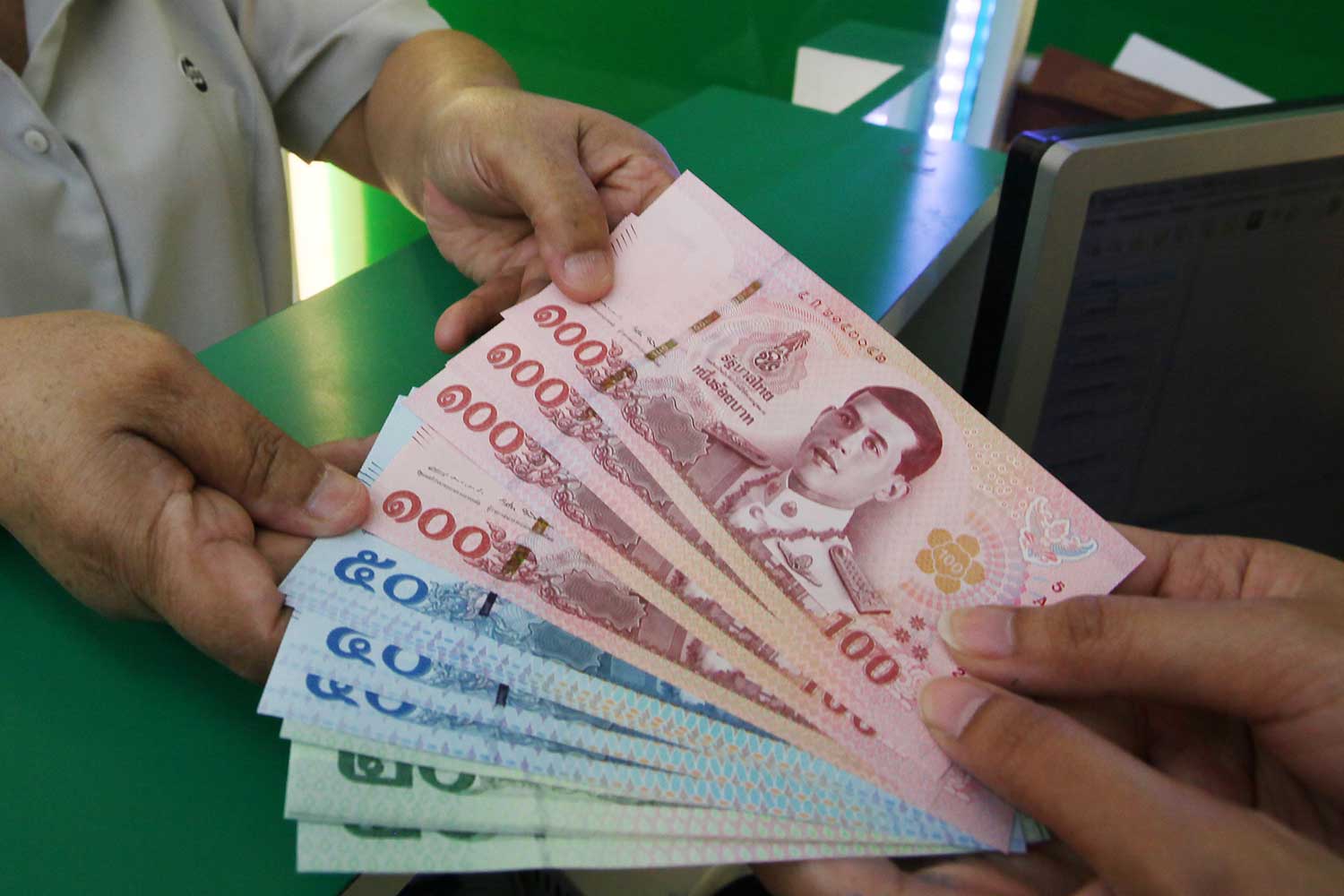Thailand, Australia mull economic deal
Thailand and Australia have agreed to pursue a strategic economic partnership to boost bilateral trade and investment, with the deal expected to be signed next year.
Speaking after a teleconference with Dan Tehan, Australia’s minister for trade, tourism and investment, Commerce Minister Jurin Laksanawisit said Australia is keen to forge a strategic economic partnership with Thailand in addition to the existing Thailand-Australia Free Trade Agreement (Tafta), in which most products have import tariffs eliminated.
Tafta came into effect on Jan 1, 2005. The agreement calls for the liberalisation of trade in goods, services and investment, as well as cooperation in working out obstacles to trade caused by non-tariff measures, such as restrictive sanitary and phytosanitary regulations and anti-dumping actions.
The agreement is targeted at expanding two-way trade in goods and services and increasing investment on both sides, as well as strengthening the relationship between the countries.
According to Mr Jurin, the strategic economic partnership is another form of trade and investment relationship that is deeper than an FTA.
Thailand initially proposed seven areas for the new partnership. They comprise: processed agriculture focusing on food; tourism; healthcare; education; e-commerce; creative economy; and others such as energy or joint ventures.
Mr Jurin said Australia pledges to speed up the conclusion of Thailand’s proposals and once agreed, the country will invite him to sign the deal there, possibly next year.
In a related development, the two ministers also discussed the progress of the Regional Comprehensive Economic Partnership (RCEP) trade pact, the world’s biggest free trade deal, for which Singapore, China and Japan have already submitted their ratifications.
Thailand is expected to file its ratification by October or November this year at the latest, he said.
Australia indicated it plans to submit its ratification during the same period, with the goal RCEP comes into force early next year as scheduled, said Mr Jurin.
RCEP was signed by 15 nations in Asia-Pacific including Thailand and Australia last November. It requires ratification from at least nine countries (at least six from Asean and three non-Asean countries) to take effect.
The Thai parliament ratified the pact on Feb 9 this year.
Thailand and Australia have fostered diplomatic relations for 69 years, with two-way trade totalling US$13.2 billion last year, down 7% from a year before. Thailand enjoyed a trade surplus worth $6.52 billion in 2020.
In the first half this year, two-way trade significantly recovered, with growth of 34.3% to $8.42 billion.
Source: https://www.bangkokpost.com/business/2160723/thailand-australia-mull-economic-deal


 Thailand
Thailand




